Professor Geoffrey Ozin discusses the safe and responsible development, production, use, transportation, and disposal of nanoparticles in existing or emerging nanotechnologies.
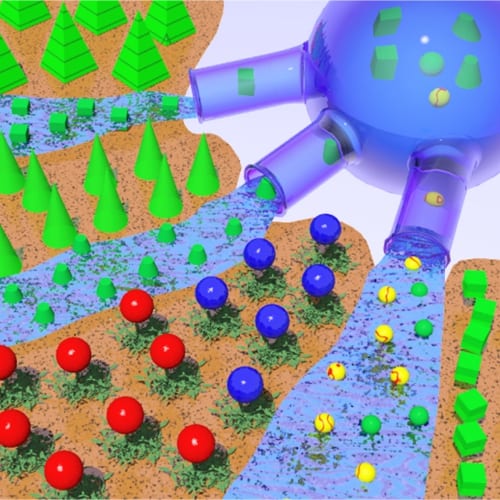


Professor Geoffrey Ozin discusses the safe and responsible development, production, use, transportation, and disposal of nanoparticles in existing or emerging nanotechnologies.

Professor Geoffrey Ozin discusses what he believes may be the largest challenge of the century—the development of an artificial photosynthetic machine.
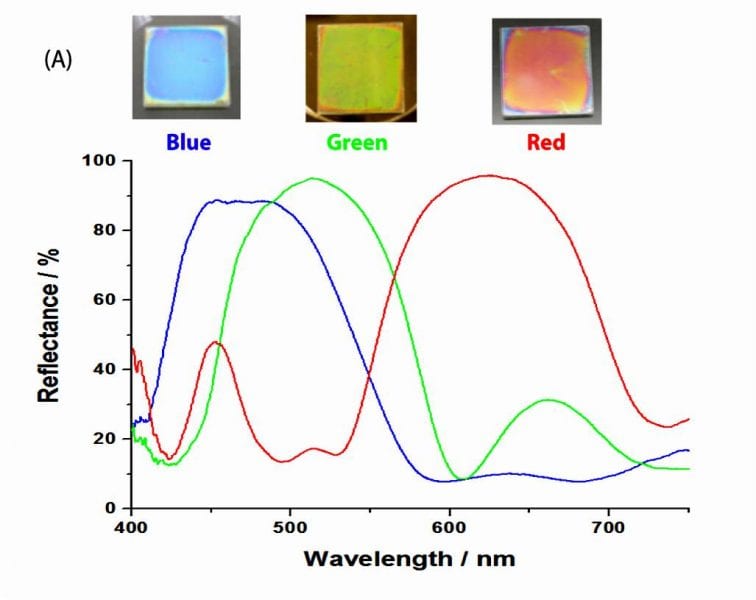
Professor Geoffrey Ozin brags about nanoparticles and the interesting things they can accomplish in Bragg mirrors.
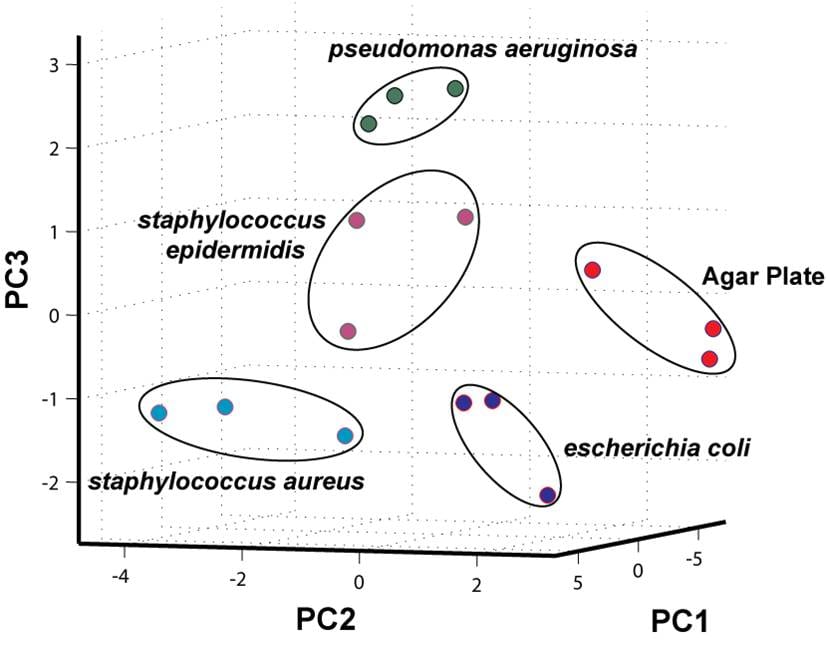
So what is next for nanochemical and biochemical sensor research? Shouldn’t we be trying to find the next glass pH electrode, rather than trying to squeeze that extra fraction of a percent out of our tried and tested materials?
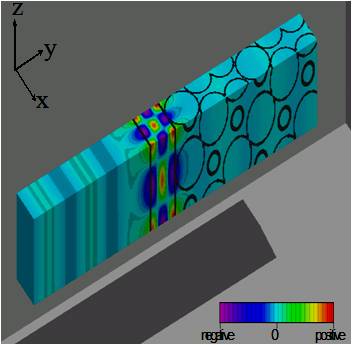
“It seems like the whole world is working on solar cells; trying to make them better, cheaper and safer to cope with the looming global energy drought.” Professor Geoffrey Ozin talks about the current state of solar cell research.
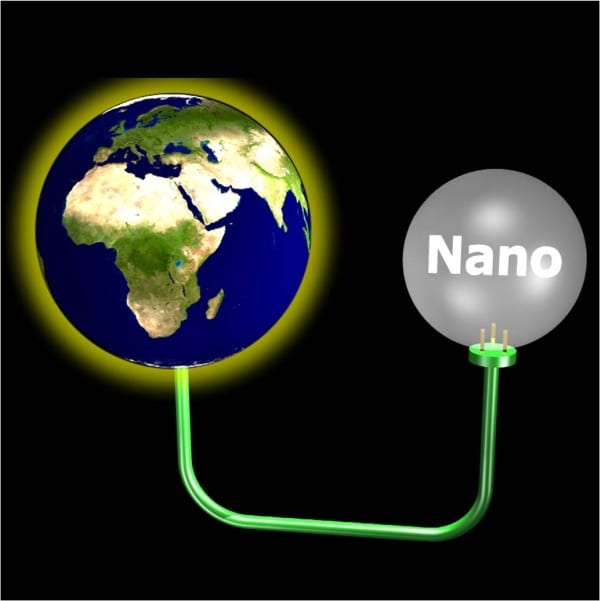
How can nanomaterials make a difference in the grand challenge: efficient and green global scale production, storage and use of energy? Professor Geoffrey Ozin from the University of Toronto gives his response to this question.
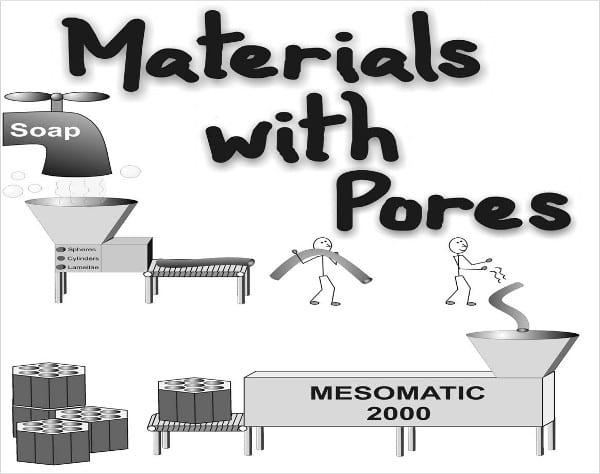
Professor Geoffrey Ozin from the University of Toronto reviews porous materials—how the research goals have varied over the years, where we are today, and what these materials may offer in the future.
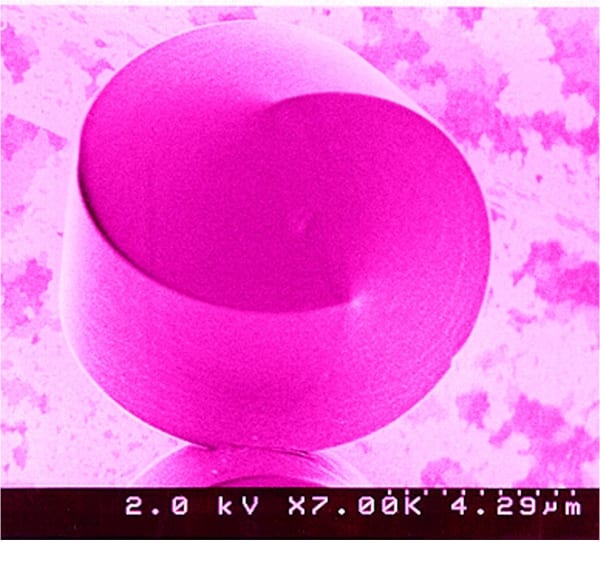
Professor Geoffrey Ozin from the University of Toronto discusses the endless possibilities of biomimicry and biotemplating.
Professor Geoffrey Ozin from the University of Toronto shares his thoughts along with those of Professor David Antonelli from the University of Glamorgan, regarding the role that nanochemistry can play in the current hydrogen storage challenge.
So who owns nanochemistry? Should “all” the credit be given to chemistry pioneers of the past 20-30 years or were the foundations of nanochemistry already laid in the field of colloid chemistry, the origin of which can be traced to a century earlier?